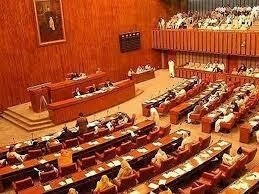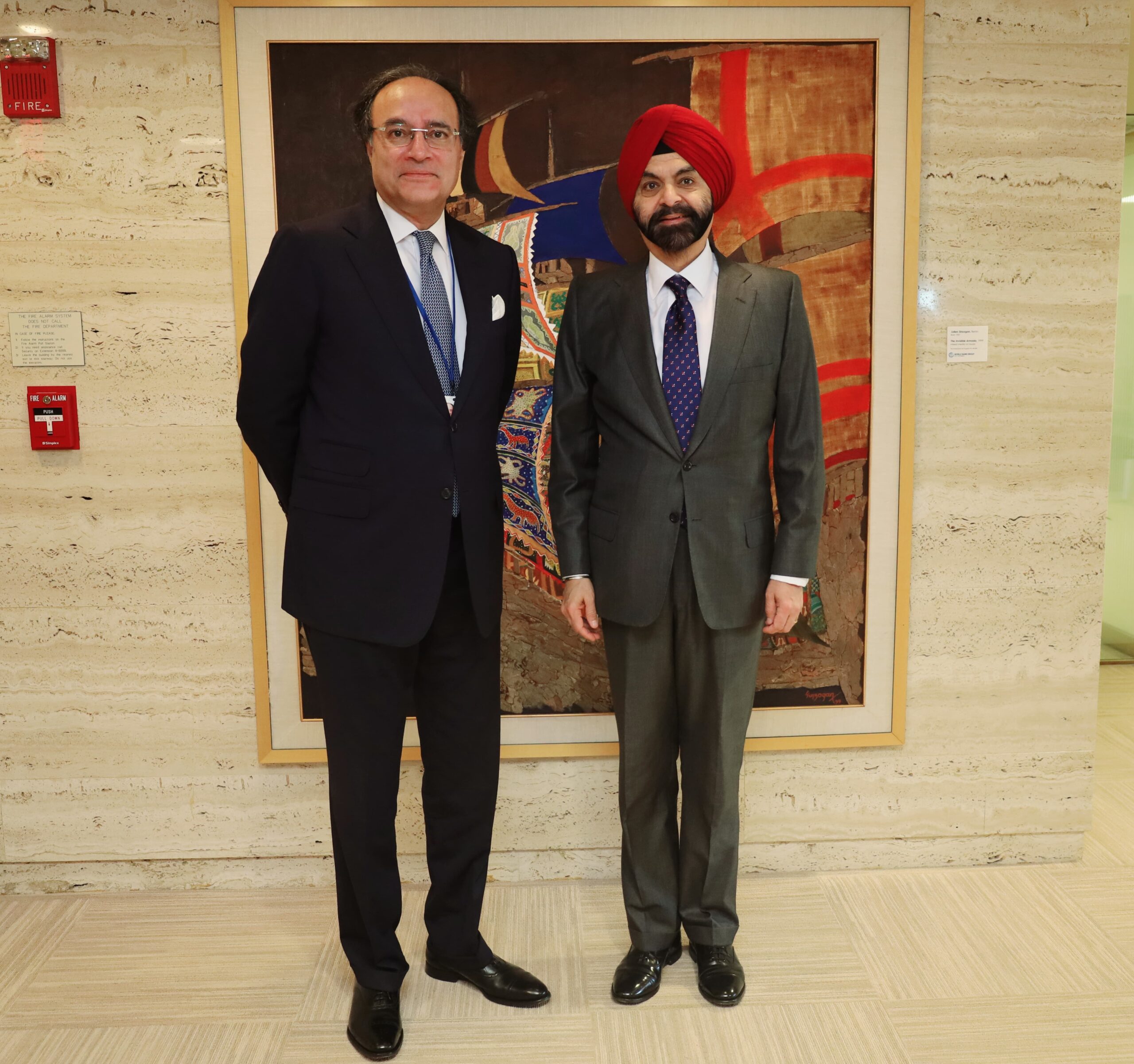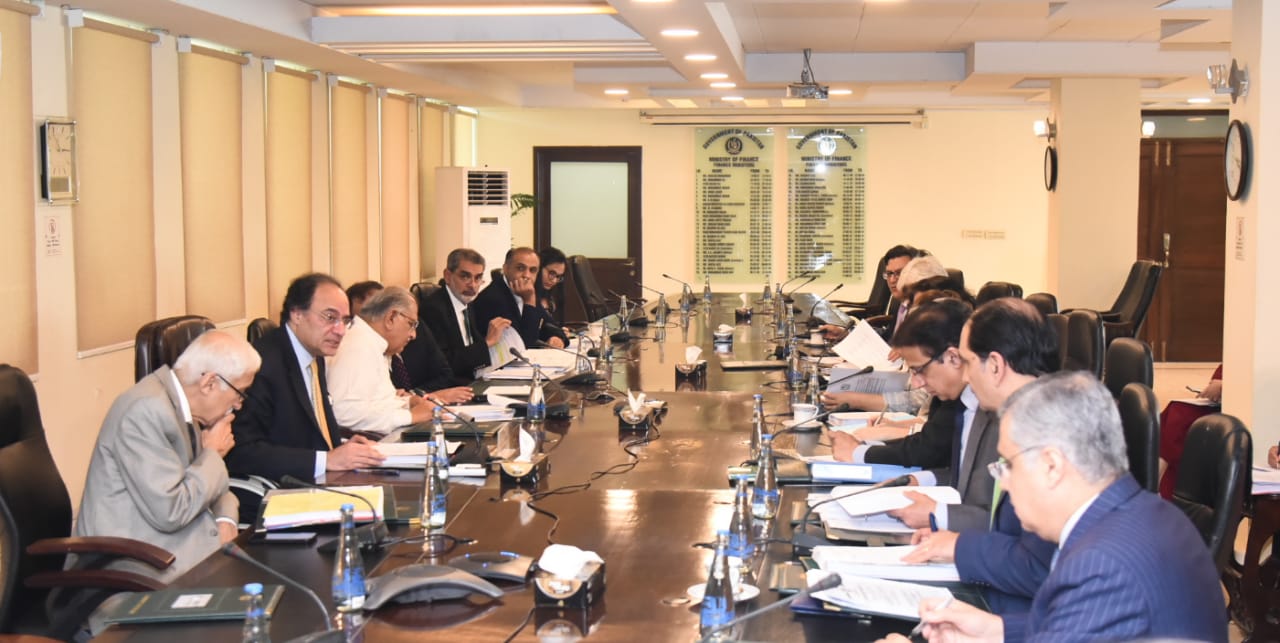The Senate Standing Committee on Finance and Revenue has finalized an extensive set of recommendations to amend the Finance Bill 2024, aiming to enhance economic documentation and provide relief to the general public. After a rigorous nine-day deliberation, the committee’s proposals focus on promoting transparency in financial transactions, adjusting tax liabilities, and addressing public concerns.
One of the pivotal recommendations is that all transactions exceeding Rs50,000, excluding utility bill payments, should be conducted through a crossed cheque, bank draft, pay order, or another banking instrument. This measure ensures that the sales tax invoice amount is directly transferred from the buyer’s business bank account to the supplier, thereby improving transaction traceability and reducing cash-based dealings.
Additionally, the committee has revised the amendment concerning the liability for tax payment or erroneous refunds. The proposed change incorporates a default surcharge at the rate of KIBOR plus three percent per annum, whichever is higher, ensuring that taxpayers are held accountable for delays or mistakes in their tax payments.
To further encourage economic documentation, the committee suggested mandating credit and debit card transactions for purchases exceeding Rs30,000. This initiative is expected to increase the transparency of financial transactions and reduce the reliance on cash, making it easier to track spending and reduce tax evasion.
Uniform sales tax rates on components of the solar industry were also proposed to support the renewable energy sector. This change is aimed at simplifying tax structures and encouraging investment in sustainable energy solutions.
The committee recommended withdrawing taxes on eight specified stationery items, recognizing the burden such taxes place on students and the education sector. Additionally, they called for mandatory price labeling on all consumer goods, which would empower consumers to make informed purchasing decisions and potentially curb overpricing.
In a significant move to support disabled individuals, the committee proposed additional allowances equal to 100 percent of basic pay for those who comprise less than two percent of the workforce. This recommendation underscores the government’s commitment to enhancing the welfare of disabled individuals and promoting inclusivity in the workplace.
The committee also addressed the need to distinguish remote workers from freelancers for tax purposes. This differentiation is crucial as it acknowledges the unique working conditions and contributions of remote employees compared to freelancers, allowing for more tailored tax policies.
Corporate debit card transactions were recommended to be exempt from an additional five percent tax to prevent double taxation and encourage foreign exchange earnings through Exporters’ Special Foreign Currency Accounts (ESFCAs).
Senate committee members expressed dissatisfaction with taxes on stationery and essential daily items, particularly emphasizing the burden on milk for infants. They criticized the Budget 2025 for appearing more aligned with International Monetary Fund (IMF) priorities than national interests, arguing that it disproportionately taxes the poor and vulnerable, thus increasing the cost of living and lowering public morale.
Anusha Rahman highlighted the negative impact of taxing medical equipment on healthcare costs. She emphasized the financial strain such taxes would place on treatments involving endoscopy, oncology, urology, gynecology, and disposable medical items. The committee questioned the basis for granting tax exemptions to certain charitable hospitals, with the Federal Board of Revenue (FBR) clarifying that the Pakistan Centre for Philanthropy (PCP) has the authority to grant these exemptions.
Furthermore, the committee recommended that donated goods to hospitals operated by non-profit institutions be subject to the same customs duty conditions as zero-rated goods, ensuring a fair and consistent tax policy.
Rahman also advocated against the proposed tax structures for the telecom sector, particularly for cellular and satellite phones. She suggested that tax rates should vary based on the import or supply values to ensure fairness.
Senator Sherry Rehman’s recommendations focused on clarifying the proposed increase in export taxes and introducing measures to alleviate poverty and unemployment. She emphasized the need for targeted programs and essential services to support the four percent of Pakistanis living below the poverty line and the 6.3 percent unemployment rate affecting over 4.5 million people.
Senator Zeeshan Khanzada proposed reducing the sales tax rate on local supplies in the Federally Administered Tribal Areas (FATA) and Provincially Administered Tribal Areas (PATA) to 16 percent from the standard 18 percent. He also suggested lowering the tax on imported supplies in these regions to three percent until June 30, 2025, and to six percent from July 1, 2025, to June 30, 2026.
These comprehensive recommendations from the Senate Standing Committee on Finance and Revenue aim to refine the Finance Bill 2024, making it more equitable, transparent, and supportive of economic growth and public welfare.




